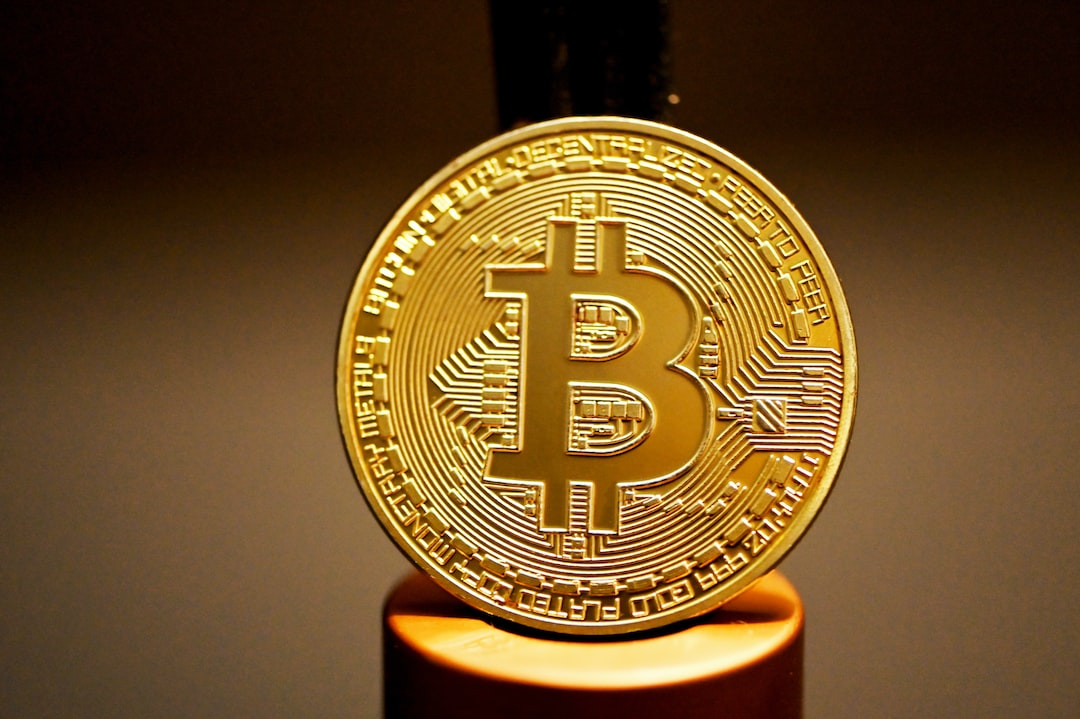Tron Emerges as the New Choice for Illicit Cryptocurrency Transactions
Cryptocurrencies offer both benefits and drawbacks when it comes to anonymity. While it has been embraced by honest actors in the industry, it has also been exploited by bad actors for illicit activities. Bitcoin has long been the go-to platform for cryptocurrency transactions, legal and illegal. However, the Tron network has now surpassed Bitcoin as the preferred blockchain for global transactions, including those conducted by factions of the Iran-backed “Axis of Resistance.”
Majority of Seized Tron Wallets Belong to “Axis of Resistance”
Israeli authorities have seized a significant number of Tron wallets throughout 2023, with the majority belonging to factions associated with the “Axis of Resistance.” Out of 87 seizures, 39 are allegedly linked to Hezbollah in Lebanon, and 26 belong to the Palestinian Islamic Jihad in Gaza.
Hamas, which has been using cryptocurrencies to raise funds since 2019, recently announced that it would no longer use Bitcoin for this purpose. The increased scrutiny on BTC transactions and higher costs likely contributed to this decision.
Tron Dominance Reflects a Broader Trend
The use of Tron by terrorist organizations is concerning but aligns with a broader trend seen on the platform. Tron has become the most common conduit for stablecoin transactions, accounting for a significant portion of volume, transactions, and active addresses. Its dominance is particularly notable in countries like Canada, Australia, and the UK, as well as in nations attempting to evade U.S. sanctions such as Russia and Iran. The popularity of Tron can be attributed to its stability, speed, and low costs.
Hot Take: Tron’s Rise Highlights the Need for Enhanced Regulatory Measures
The increasing use of Tron for illicit cryptocurrency transactions, especially by terrorist organizations, underscores the importance of implementing stronger regulatory measures in the industry. While cryptocurrencies offer benefits such as decentralization and efficient transactions, they also present significant challenges in terms of combating illicit activities. Regulators and industry players must work together to develop effective frameworks that strike a balance between privacy and security, ensuring that cryptocurrencies are not misused for illegal purposes.





 By
By
 By
By
 By
By

 By
By
 By
By